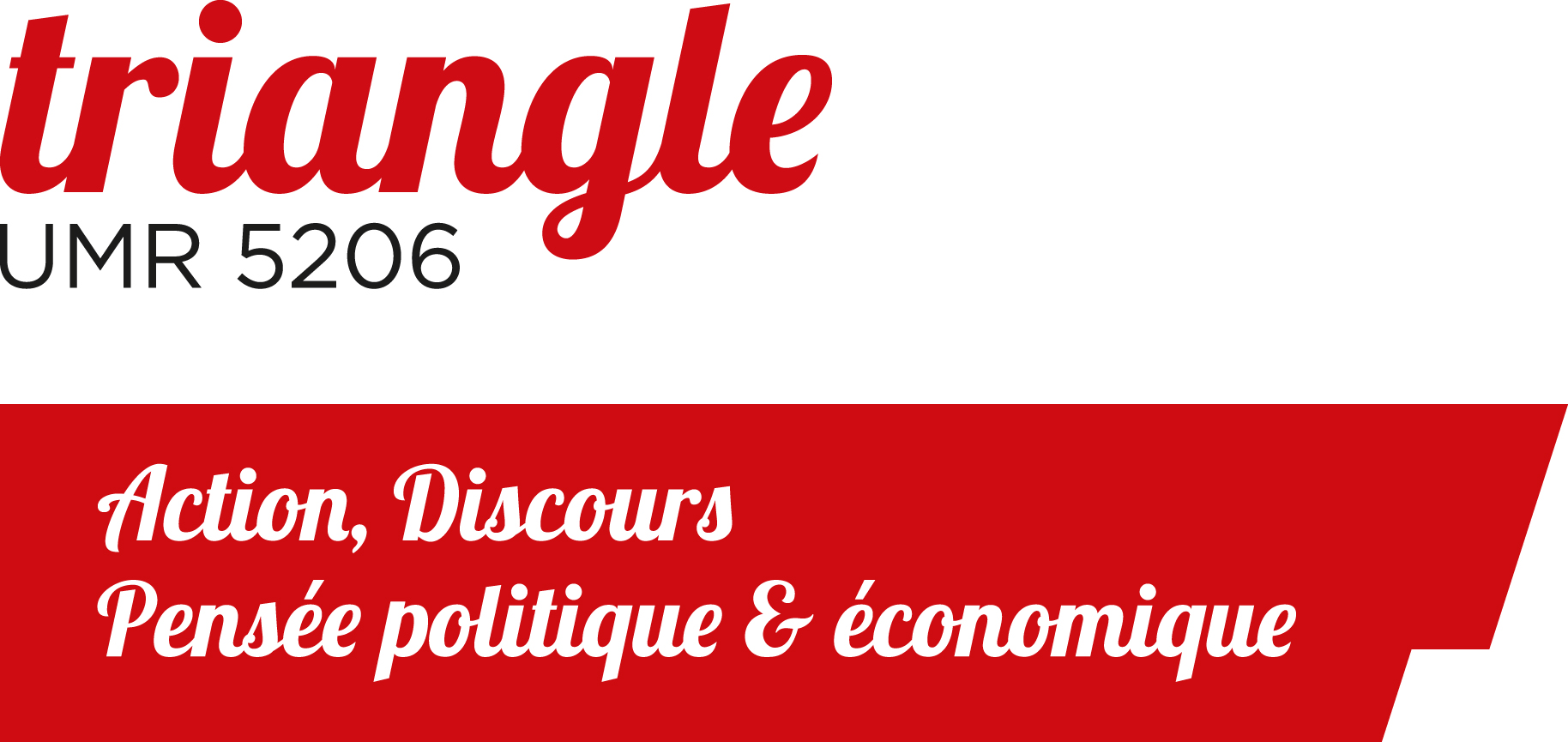
|
https://triangle.ens-lyon.fr//spip.php?article7056
|
/ Séminaire de l’axe Sciences Sociales et circulation des savoirs - LIA Post-Western Sociology in Europe and in China (2013-2019)Professeur Chang Kyung Sup : « Compressed Modernity in Perspective : Constitutive Dimensions, Manifesting Units and Historical Conditions », conférence organisée dans le cadre du LIA Post Western Sociology in France and in China et de l’Axe Sciences Sociales et circulations des savoirs.mardi, 12 septembre 2017 |
Présentation
Professor Chang Kyung-Sup, a PhD from Brown University, has taught sociology at Seoul National University since 1991. His research has dealt with the particular workings of sociopolitical practices and institutions in Korean/Asian development and modernization, focusing on the interfaces
- (1) between national and global dynamics of social change (“compressed modernity”),
- (2) between economic development and social policy (“developmental liberalism” as a social policy regime of the developmental state),
- (3) between socioeconomic reality and political modernity (“developmental citizenship” as the dominant but informal mode of governance), and
- (4) between macro and micro institutions of social reproduction (state-family-individual relationships).
His related work has appeared in Economy and Society, British Journal of Sociology, World Development, Citizenship Studies, etc.
His recent books include : South Korea under Compressed Modernity (2010, Routledge), Developmental Politics in Transition (coedited with Ben Fine and Linda Weiss, 2012, Palgrave Macmillan), Contested Citizenship in East Asia (coedited with Bryan S. Turner, 2012, Routledge), and The Wiley Blackwell Encyclopedia of Social Theory (5 volumes, coedited with Bryan S. Turner, et al., forthcoming in November 2017)
Résumé de la conférence
Compressed modernity is defined as a civilizational condition in which economic, political, social and/or cultural changes occur in an extremely condensed manner in respect to both time and space, and in which the dynamic coexistence of mutually disparate historical and social elements leads to the construction and reconstruction of a highly complex and fluid social system. In a series of work, I have tried to show that the thesis of compressed modernity can usefully explain the extreme changes, rigidities, complexities, intensities, and imbalances in South Korean society (and in other East Asian societies) and help analyze interrelationships among such traits and components. In this conference, I will (1) explain the specific constitutive dimensions and manifesting units of compressed modernity, (2) examine, within the context of postcolonial Korea, the concrete historical conditions for the generation and reformulations of compressed modernity, and (3) discuss the latest civilizational and developmental predicament of South Korea as its post-compressed modern condition.
Conférence organisée dans le cadre du LIA Post Western Sociology in France and in China et de l’Axe Sciences Sociales et circulations des savoirs.